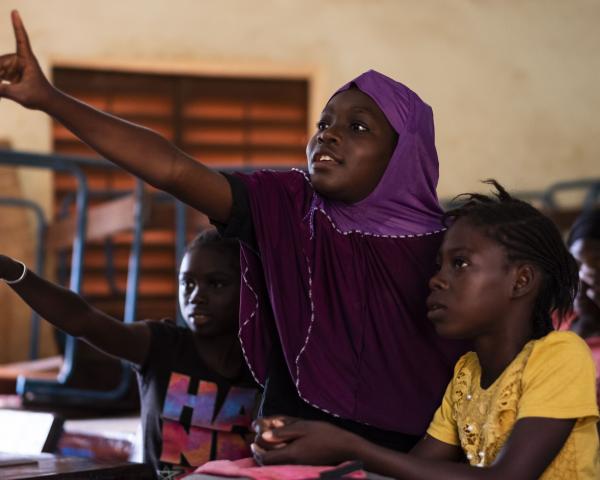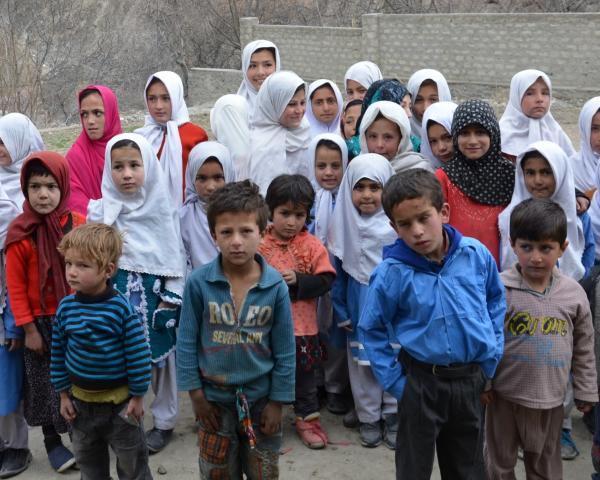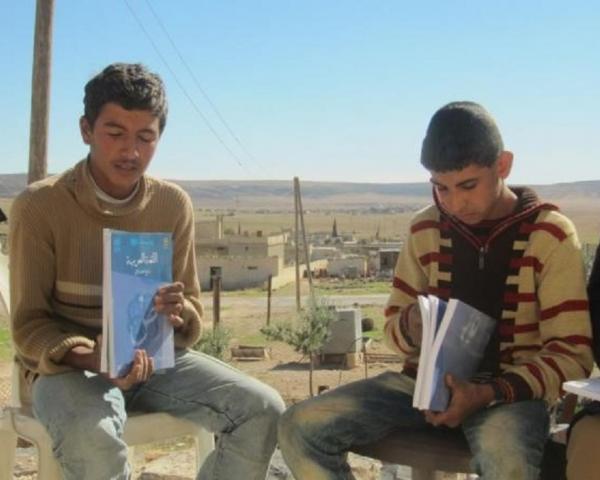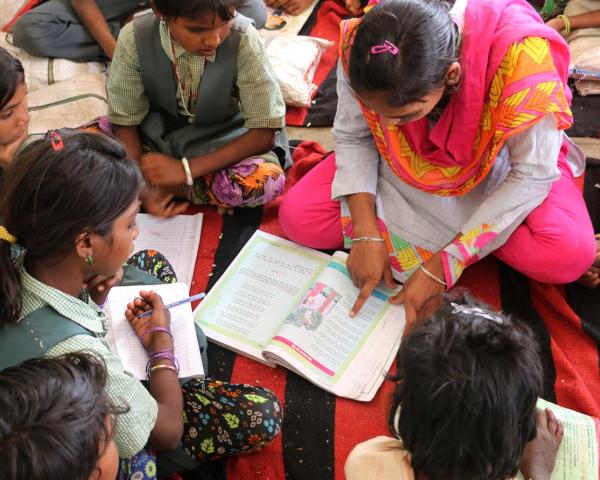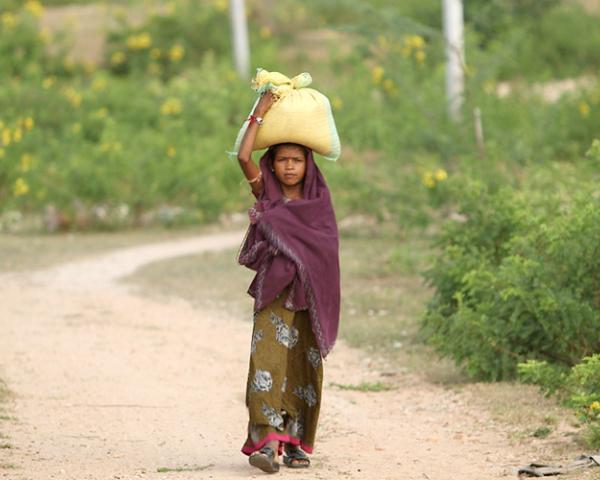Community Action for OOSC in Zambia
Project Status

Over the course of a five-year period, the Community Action for Out of School Children (CAOOSC) project by Zambia Open Community Schools (ZOCS) aims to reach 175,000 OOSC in 29 districts throughout the country. The project has been designed and will be undertaken in line with the government’s National Implementation Framework and Vision 2030. This project builds off of a proven model that is endorsed by Ministry of General Education (MOGE) and that has been implemented by ZOCS in Zambia for over 20 years. The project addresses the needs of children who would otherwise not have access to an education or who have dropped out and are facing barriers to re-entry. The CAOOSC project has three core objectives: 1) to increase access to primary education for rural communities without established Community/Government Primary Schools; 2) to stimulate access to primary education for OOSC who have dropped out of school in communities with established Community Schools; and 3) to facilitate the retention of 175,000 OOSC enrolled in school.
Regarding sustainability, ZOCS aims to achieve the durability of project interventions through a three-pronged strategy. Concretely, it entails: alignment with government priorities and policy; capacity building; and income-generating activities.







